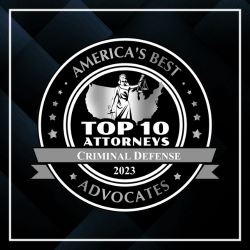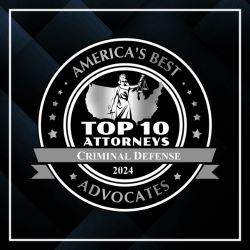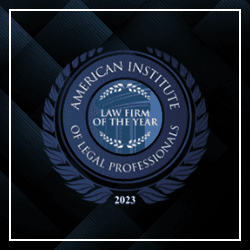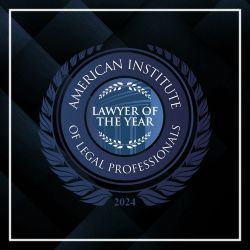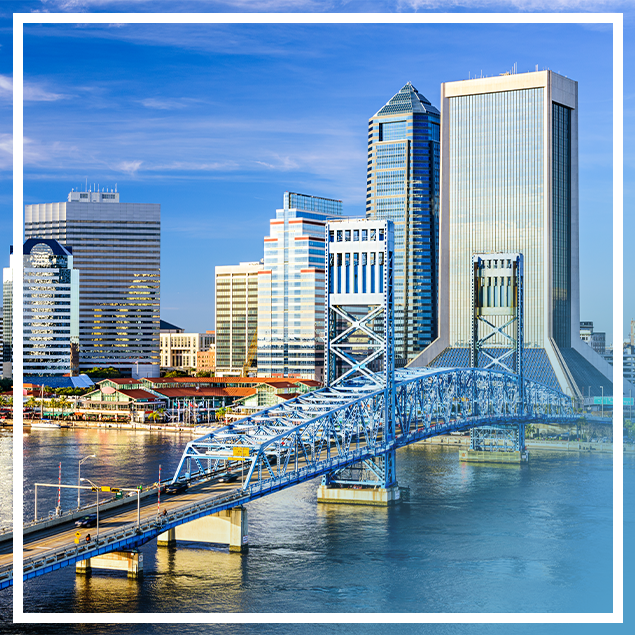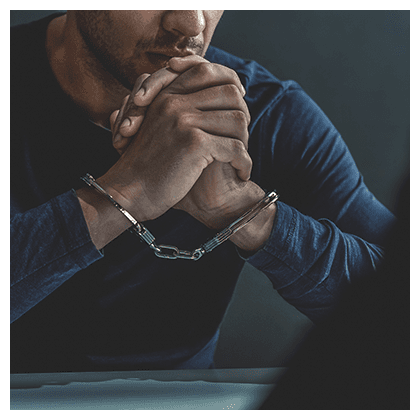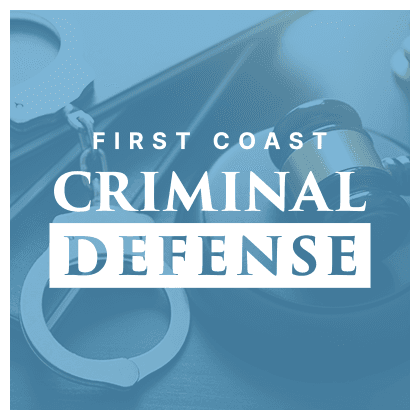On This Page:
What Is Considered Drug Trafficking in Florida?
In Florida, drug trafficking is the illegal and intentional possession, manufacturing, delivery, sale, purchase, or transportation into Florida of illicit substances with the intention of selling or redistributing the substance.
These illicit substances include marijuana, cocaine, opioids (such as heroin or fentanyl), ecstasy, LSD, methamphetamine, and more. The drug offenses vary greatly based on the substance in question, the quantity, the activities associated, and prior criminal history.
Examples of Drug Trafficking
The types of drug trafficking common in the state include smuggling and transportation of illicit drugs such as cannabis, cocaine, heroin, opium and MDMA.
Additionally, bulk ordering of medications used for fraudulent purposes is common which involves large orders for controlled substances like opioids and amphetamines that are filled with no legitimate medical need.
Drug Trafficking Laws in Florida
Drug trafficking is a felony offense according to Florida Statute 893.135. It carries a minimum sentence of three years in prison. If you are convicted of a drug trafficking charge, you could face up to 30 years in prison, depending on the amount of drugs involved.
Additionally, you could be fined up to $250,000 and have your driver’s license suspended for up to 5 years. Such offenses are considered first-degree felonies. If you are facing a drug trafficking charge, it is important to understand your legal rights and options.
Difference Between Drug Trafficking & Drug Dealing
An important issue to understand is what is the difference between drug trafficking and drug dealing and how it can apply to someone accused. One of the main differences is that drug dealing is the distribution of drugs on a small scale, while drug trafficking is the distribution of drugs on a large scale.
If someone is found dealing with a large number of drugs on them, he or she can be charged with trafficking instead of drug dealing. The police’s suspicion of how far up someone is in a drug organization can also determine how they are charged. Any drug conviction can deliver long and harsh punishments.
Elements of a Drug Trafficking Case
The state of Florida must prove the following elements to arrest and convict of drug trafficking:
- Knowingly and intentionally selling, manufacturing, delivering, or possessing a certain amount of controlled substances.
- Intent to sell or deliver the controlled substances. For example, if someone has a car with a custom-built hidden compartment that is found with a kilogram of cocaine, the police will be more likely to charge the individual with trafficking because the intent to move large quantities of drugs seems apparent.
- The controlled substances were in a particular form - either raw or final form (like pills or powder).
The amount and type of drug in a case can also be crucial in determining with what crime you will be charged.
For example, it may take 25 pounds or more of marijuana for an individual to be charged with trafficking; however, with cocaine, it only takes 28 grams for an individual to be charged with trafficking.
Certain drugs have been determined to be more harmful by courts, and being accused of having those drugs can lead to substantially harsher penalties.
Florida Drug Trafficking Penalties
In Florida, minimum mandatory sentences could be anywhere from 3 to 25 years with fines ranging between $25,000 and $500,000. If the drugs in the case lead to severe injury or death of anyone, a mandatory life sentence could be applied. Second offenses usually result in double the penalty of a first offense.
For first time offenders, there can be “safety valves,” where nonviolent first-time offenders are given much less harsh sentences.
Making and moving drugs can lead to worse and different charges. For example, if it is determined someone moved drugs across state lines, the person could be charged with federal drug trafficking charges instead of just state charges.
What Are Some Common Drugs Involved in Drug Trafficking in FL?
Some common drugs involved in drug trafficking in Florida include:
- Cannabis (marijuana)
- Cocaine
- Fentanyl
- GHB
- Heroin
- Hydrocodone
- Amphetamines
- MDMA (Ecstasy)
- Prescription medications
Please note that drug trafficking can involve a wide range of illegal substances, and the prevalence of specific drugs involved may vary over time.
Mandatory Minimum Sentences
Florida has introduced harsh penalties for those convicted of drug trafficking. One of these penalties is a minimum mandatory prison sentence as mentioned above. This sentence varies, depending on the type and amount of drug allegedly being trafficked but, in nearly every case, it is no less than three years in state prison.
Common mandatory minimum sentences for drug trafficking in Florida include:
- 3 years in prison and up to $25,000 in fines for trafficking 25 pounds or more of marijuana or 300+ plants
- 3 years in prison and up to $50,000 in fines for trafficking 28 to 199 grams of cocaine, 14 to 27 grams of amphetamine, 1 to 4 grams of LSD, or 4 to 13 grams of oxycodone, hydrocodone, morphine, or opium
- 7 years in prison and up to $50,000 in fines for trafficking 2,000 or more pounds of marijuana or 2,000 or more plants
- 7 years in prison and up to $100,000 in fines for trafficking 200 to 399 grams of cocaine, 28 to 199 grams of amphetamine, or 5 to 6 grams of LSD
- 15 years in prison and up to $200,000 in fines for trafficking 10,000 pounds or more of marijuana or 10,000 or more plants
- 15 years in prison and up to $250,000 in fines for trafficking 400 grams to 149 kilograms of cocaine
- 25 years in prison and up to $500,000 in fines for trafficking 28 to 29 grams of oxycodone, hydrocodone, morphine, or opium
This list is not exhaustive; other amounts of the above-mentioned substances, as well as the trafficking of other types of illicit substances, will result in different (and, in some cases, longer) mandatory minimum prison sentences and fines.
Marijuana Trafficking Charges
In Florida, possession or distribution of more than 25 pounds of marijuana is a felony offense.
The possible penalties, if convicted, include:
For 25 to 2,000 pounds:
- 3 years in prison minimum
- $25,000 fine
For 2,000 to 10,000 pounds:
- 7 years in prison minimum
- $50,000 fine
Opioid Trafficking Charges
Fentanyl, heroin, morphine, and methamphetamine are some of the most common opioids. Possession of more than 4 grams of these substances can be considered drug trafficking.
Being convicted of trafficking opioids comes with stiff penalties, which includes:
4 to 14 grams:
- 3 years in prison minimum
- $50,000 fine
14 to 28 grams:
- 7 years in prison minimum
- $100,000 fine
28 grams to 38 kilograms:
- 15 years in prison minimum
- $500,000 fine
Can You Get Probation for Drug Trafficking?
In the state of Florida, probation for drug trafficking is a possibility under certain guidelines. Generally, probation is only offered when a non-violent, first-time offender has been charged with minor drug offenses that are connected to drug sales and distribution.
To qualify for probation in Florida, a person must take part in an approved drug treatment program and must comply with all of the terms set out by the courts.
In Florida, if someone is sentenced to probation for drug trafficking, he or she can be subject to the following:
- Random drug tests
- Monitoring by a probation officer
- Not being able to leave the state without the approval of his or her probation officer
- Probation lasts generally between 1 to 3 years
It is important to understand that probation won't be offered if an individual is determined to have violated probation previously or has a record of violent offenses; instead, harsher penalties may be implemented.
If someone receives the charge of drug trafficking, in many cases, there is a mandatory minimum sentence. A person cannot be released on parole until the mandatory minimum sentence has been completed. For example, if someone is sentenced to ten years, and there is a five-year mandatory minimum, there would be absolutely no way to be paroled before five years.
How to Beat a Drug Trafficking Charge in Florida
A skilled Jacksonville drug trafficking attorney can help you understand the charges against you and develop a defense strategy to fight your charges.
There are several ways to beat a drug trafficking charge in Florida, including:
- Challenging the Prosecution’s Evidence: The prosecution must prove beyond a reasonable doubt that you are guilty of the crime. A skilled drug trafficking attorney can challenge the evidence presented by the prosecution and work to have the charges against you reduced or dismissed.
- Negotiating a Plea Deal: In some cases, the prosecution may be willing to negotiate a plea deal. This could involve reducing the charges or recommending a lighter sentence in exchange for a guilty plea.
- Proving Entrapment: Entrapment is a legal defense that can be used to prove that you were coerced into committing a crime. If you can prove that you were entrapped by law enforcement, the charges against you may be dismissed.
- Proving Lack of Knowledge: You can also use the defense of lack of knowledge to prove that you did not have knowledge of the drugs or the drug trafficking activity.
- Proving Insufficient Evidence: In some cases, the prosecution may not be able to prove all the elements of the crime. The best defense claim to a drug trafficking case is to claim that the evidence the state has against you is insufficient. If the prosecution does not have enough evidence to prove your guilt, the charges against you may be dismissed.
If you are facing a drug trafficking charge in Florida, it is important to seek the help of an experienced drug trafficking attorney in Jacksonville, FL.
Build Your Defense with a Jacksonville Drug Trafficking Lawyer
Because the state of Florida takes drug trafficking charges so seriously, a conviction—or even a guilty plea—could land you in prison for years or even the remainder of your life. We cannot stress enough how important it is that you contact our firm as soon as possible to discuss your situation with our Jacksonville drug trafficking attorneys.





